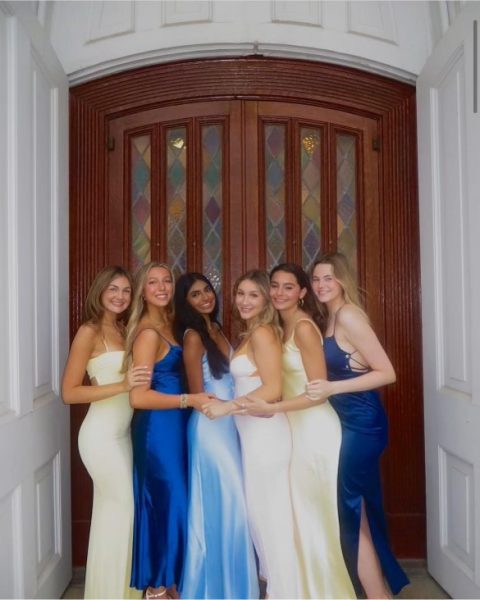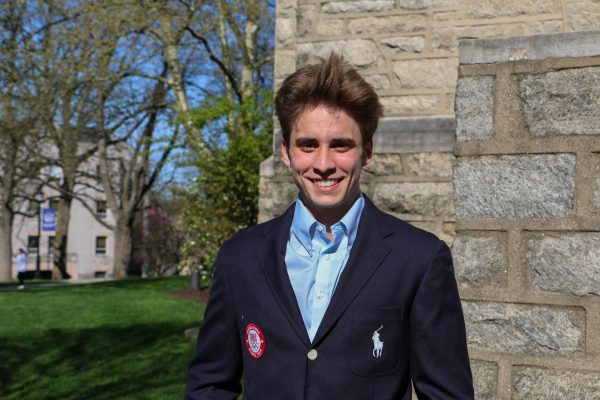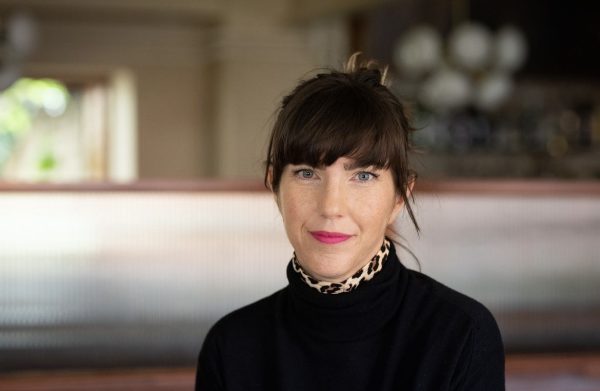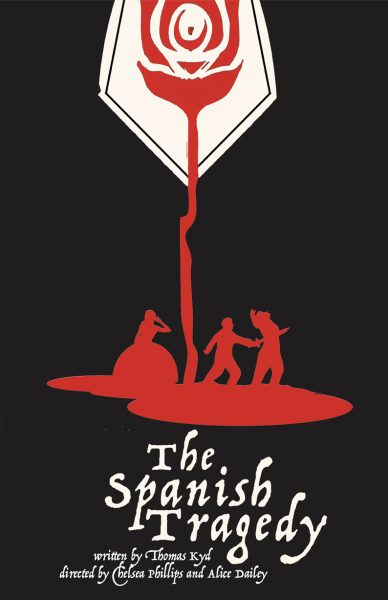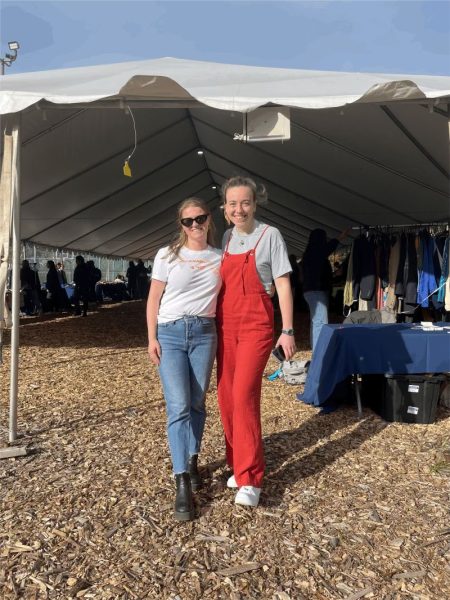Broods delivers ethereal sounds on moody debut record
November 6, 2014
There seems to be a struggle in the world of modern music between appealing to the listener and exploring the limitations of musicality, and too often the first wins out over the second. Taylor Swift’s recent album “1989” exemplifies this difficulty—Swift is a talented artist, but these songs are some of the worst, most uninspired bubbles of sugarpop ever to have been released. As a producer, I would have been proud. As a musician, I would have been ashamed. But is there a way to reconcile the two—to find a common ground between accessibility and self-expression?
Electronic pop, the burgeoning music genre of recent popularity, seems to seek this aim, and it has received something special in New Zealanders Caleb and Georgia Nott. Their group, Broods, is relatively new to the mainstream music scene, having released their self-titled debut EP just this past January. The 19 and 21-year-old siblings have toured with the likes of Sam Smith, Ellie Golding and Haim, but they harbor a unique sound that’s far more intricate than that of the artists they support.
Broods’ first album, “Evergreen” (Polydor, Ltd) was released in the U.S. on Oct. 7, bringing a certain delicacy to a genre whose pounding beats and focus on rhythm rarely gets that sort of gentle treatment. “Evergreen” has a distinctly R&B feel, but Nott’s breathy vocals make it more dreamy than soulful. The group enjoys toying with the capabilities of electronic music—an attentive ear can pick up on plenty of sonic undertones, such as the rush and suck of wind, shuddering reverb and echo. Broods pushes the boundaries of the genre itself.
On “L.A.F.,” beats comprised of foot stomping and clapping draped over the constant hum of a synthesizer create a strange meld of electronica and folk—strange, but not unpleasant.
According to interviews with the artists, they liked the group name “Broods” for the duality of its meaning—it can refer both to the concept of family and to the somber, introspective nature of their work. Truly, no adjective could more accurately describe the mood of their debut album. A lot of the lyrics have to do with unrequited love, brokenness, discontent and regret. “I don’t want to wake up lonely, I don’t wanna just be fine,” Nott sings on “Mother & Father,” (which, it should be noted, is one of the best tracks on the album). “I’ll never be free,” she croons on “Medicine,” exhibiting a startlingly depressing outlook for someone barely of legal age.
Indeed, the nature of Broods’ work calls to mind that of fellow New Zealand prodigy Lorde. The track “Superstar” could easily be mistaken for a song off of Lorde’s 2013 album “Pure Heroine.” This is hardly surprising, as the young artists actually share a producer in Joel Little, whose influence makes itself evident over the course of “Evergreen.” The production value is particularly high, with every note coming out clear, crisp and clean. This is not cookie cutter pop, however—it contains subtle melodies with real layers to them. The hooks are excellent, setting the band up with a variety of potential future singles.
Broods’ style hinges on throbbing rhythms, and the ebb and flow of the music lends it a certain intensity. The duo readily layers on the drama, hurling sudden increases in dynamic at the listener to keep for their entertainment. The verses in particular are sensitive, with hushed vocals and solitary piano, while the choruses soar in on crashes of sound and bass.
“Bridges” stands out as a favorite track, for perfectly incorporating all the elements required to make the ideal electro-pop song: a multi-faceted melody, an intense chorus interspersed with minimalist verses, euphonious lead vocals, driving beats and enough real instruments to make up for the heavy emphasis on electronica.
If there’s any area of weakness to be found in Broods’ music, it is Nott’s limited vocal range. Her husky intonations are tantamount in producing their soon-to-be-trademark smoky sound, strong enough to drag the verses along through the meters, hazy enough to make you question where they’re going, yet they detract from the depth of the music. Her yearning voice is mellifluous, soft on the ears, but gives “Evergreen” a monochromatic feel, like it’s painted all in shades of gray and blue, although this might not be such a bad thing for Broods’ purposes.
The album is certainly unified. Unlike the stop-and-go rides of, for example, Lana Del Rey’s “West Coast,” or Arctic Monkeys’ “AM” (both albums of which bear certain similarities to the Broods’ fare, if not in sound, then in inspiration),“Evergreen,” is a smooth and ponderous progression, a high-speed train whistling quietly through a cloudless night.
Yet even where the vocals fail to add any dimension to the record, they succeed in their stand-alone purity. Midway through the album, the melody of “Sober” is almost entirely carried by Nott’s voice, and it’s well done. The track could easily be performed as an acoustic solo with piano and achieve a similarly haunting effect. “Medicine” goes even further, austerely scored with modified vocals and a gentle, distant echo of noise to denote the chord changes. This track makes Broods’ proclivity for rhythmic experimentation easily discernible; there’s a far-off tapping, the faintest hint of a beat, suggestive of footsteps across an empty hall. Its evocation of ghostly images effectively contributes to the somber mood.
“Four Walls” is the only real slog on the album, a sappy Kelly Clarkson-esque slow song that could pass for the first dance at a wedding or the background music in a weakly-made movie montage. The uncharacteristically dull, canned beat contributes almost single-handedly to the destruction of any potential it may have had. But even this song has an undeniably pretty quality to it, despite the fact that it could have probably slipped unnoticed into a Colbie Caillat album.
At their weakest, Broods are sleekly produced masters of sound who know how to affect a mood. At their strongest—a term, which applies to the majority of “Evergreen”—they are deft experimenters, capable of making raw emotion acceptable, even desirable, to the human ear.
Undoubtedly, their first album will produce a slew of hits. But the undeniable musicianship of the New Zealand siblings makes us hopeful of stranger music to come, and has us wondering into what land they’ll foray next.





